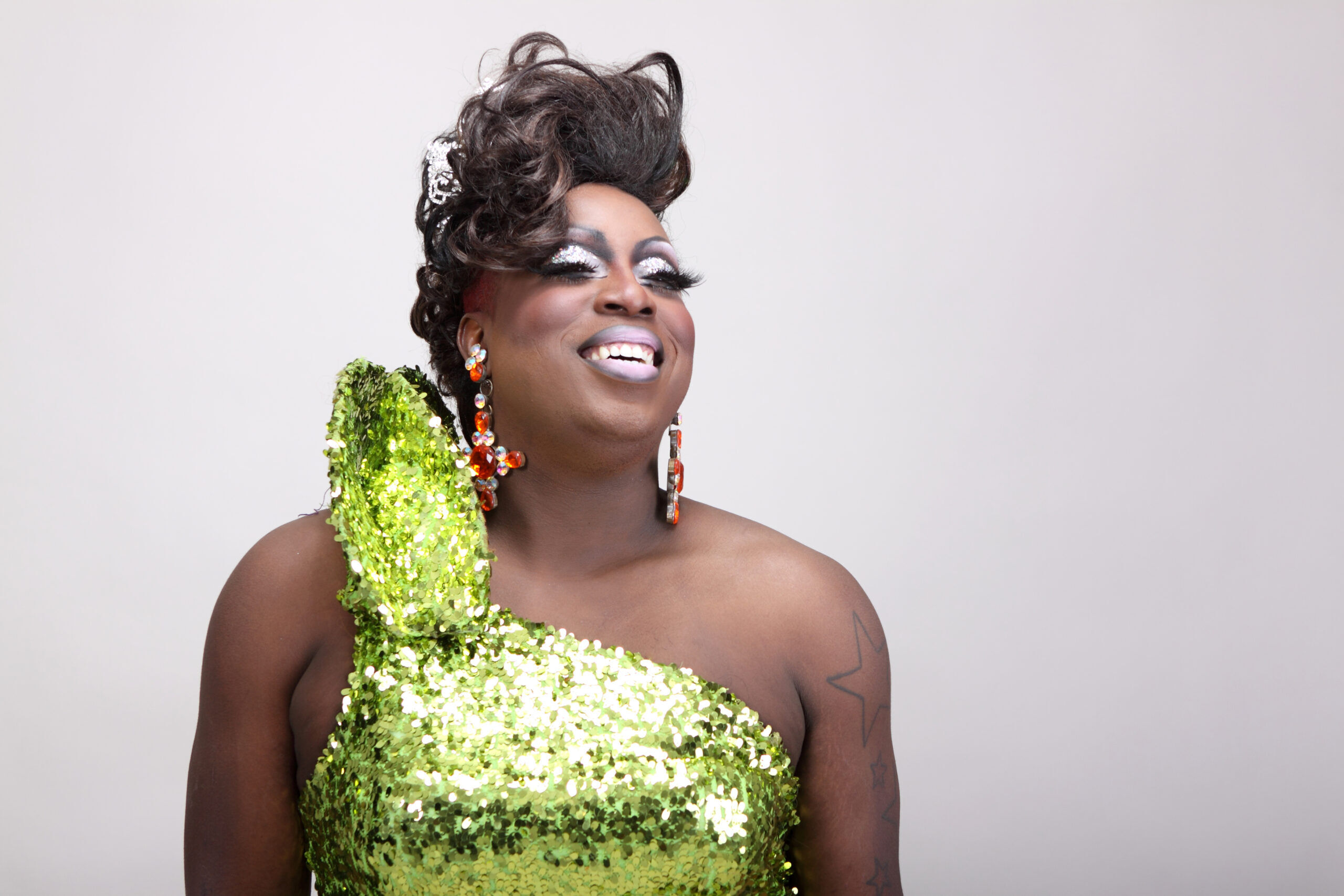Drag queens in Tennessee are standing up against a proposed bill that would criminalize the public performance of drag. The legislation seeks to bar drag shows in parks, libraries and Pride events, punishing performers with years of jail time.
Sponsored by Senate Majority Leader Jack Johnson, Tennessee’s SB03 classifies drag as “adult cabaret” no matter the context or style, and it would outlaw any public performance. A first offense would constitute a misdemeanor, and subsequent offenses would be charged as a Class E felony, carrying a prison sentence of up to six years.
In a recent interview with Rolling Stone, former Tennessee native Eureka O’Hara patiently explained to readers what drag is all about. “Our intention as drag queens or queer people is not to take away from any other group of people or from families or children,” she said. “It’s only to help ourselves and lift ourselves up. That’s our only agenda. Our goal is the same goal they have, which is to exist and thrive in a way that makes us comfortable and happy.”
The RuPaul’s Drag Race alum now stars on HBOMax’s We’re Here, in which she, Bob the Drag Queen, and Shangela visit small towns across the US, educating the locals on the art of drag. In light of anti-drag legislation like Tennessee’s, the show’s message is more necessary now than ever before. “We forget with the rights we do have how delicate they are and how quickly they can be stripped from us or our lives because of hate speech and propaganda by discriminatory people,” O’Hara said.
O’Hara pointed out that attacks on trans people have only served as a pretext for targeting the wider queer community. “That’s the real discrimination we’re dealing with. You’re targeting trans people,” she said. “Drag queens are going to do what they’re going to do anyway. They’re underground. They’ve always been around, even when it was illegal to do drag. What you’re doing is creating stipulations against people trying to live their everyday lives.”
Additionally, Nashville drag queen Kennedy Ann Scott explained that queer people intuitively know how to tailor their performances to their audience. “No matter where we are, we are self-aware 24/7,” Scott said. “You have to be. Queer people know how to live in a heteronormative world.”
Memphis drag queen Micah Winter pointed out that the proposed law would also ban authentic performances of Greek plays and Shakespeare, where men traditionally played female roles. “I play the mother in Hairspray,” Winter said. “This December, I’ll play Mother Ginger in the Orpheum’s Nutcracker, which is filled with children. If [Tennessee lawmakers] pass that bill, I guess I wouldn’t be allowed to do that anymore. It seems so innocent on the stage at the Orpheum.”
But at the end of the day, drag is a form of creative self-expression, one that fosters empowerment and self-acceptance. That is what the Tennessee lawmakers seek to take from children in the name of protecting them. “It taught me to find the confidence that I never thought I’d have,” Scott said, recalling the first time she’d seen drag. “It taught me how to be me. I’m a feminine gay man and I have always struggled to find my place in this world.”
Don't forget to share:
Help make sure LGBTQ+ stories are being told...
We can't rely on mainstream media to tell our stories. That's why we don't lock our articles behind a paywall. Will you support our mission with a contribution today?
Cancel anytime · Proudly LGBTQ+ owned and operated
Read More in Culture
The Latest on INTO
Subscribe to get a twice-weekly dose of queer news, updates, and insights from the INTO team.
in Your Inbox













